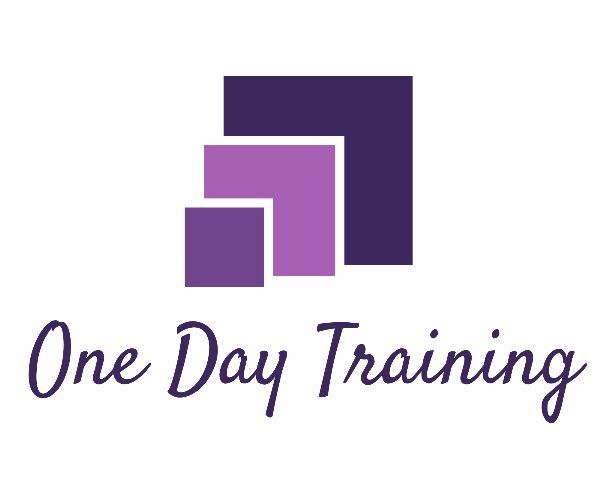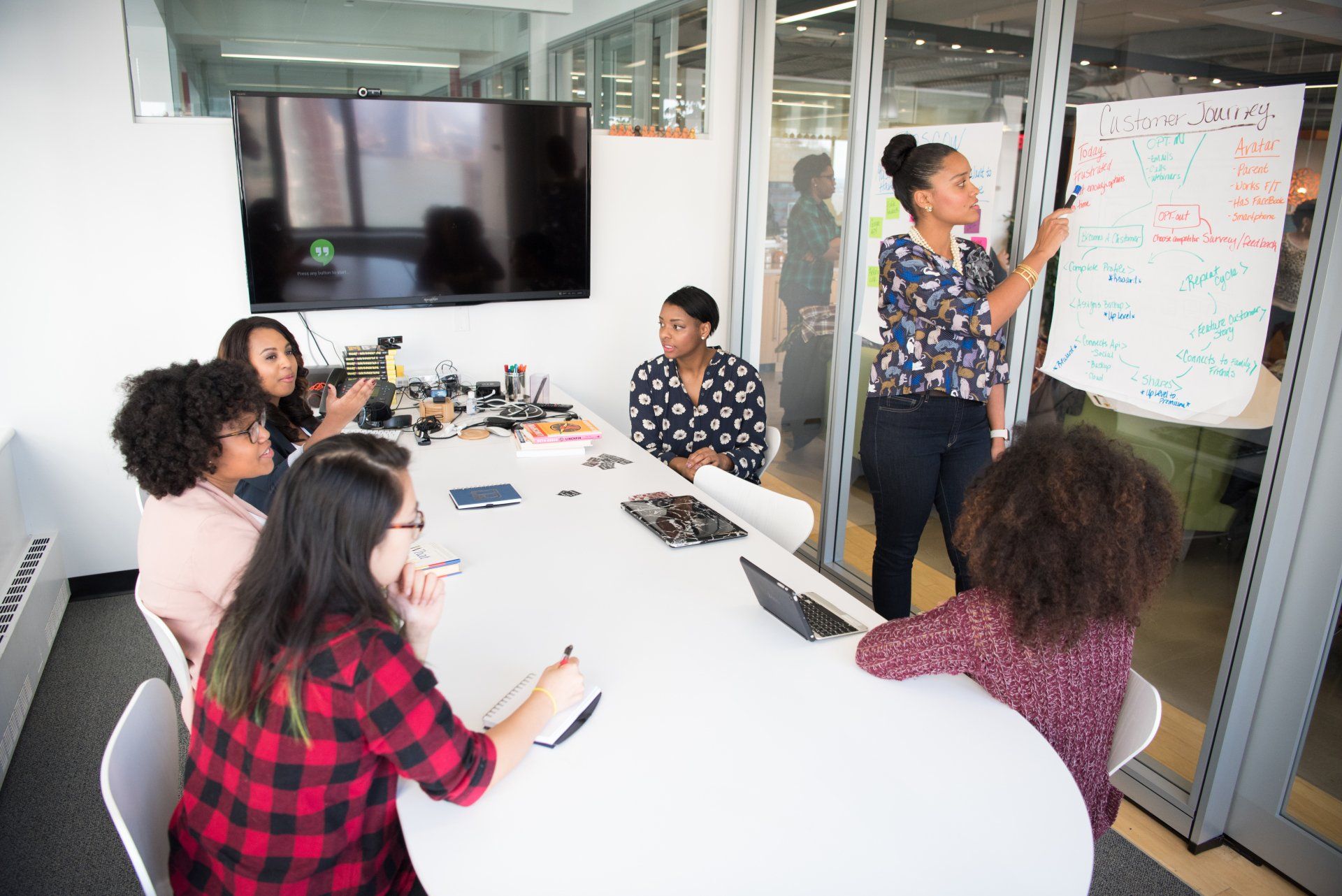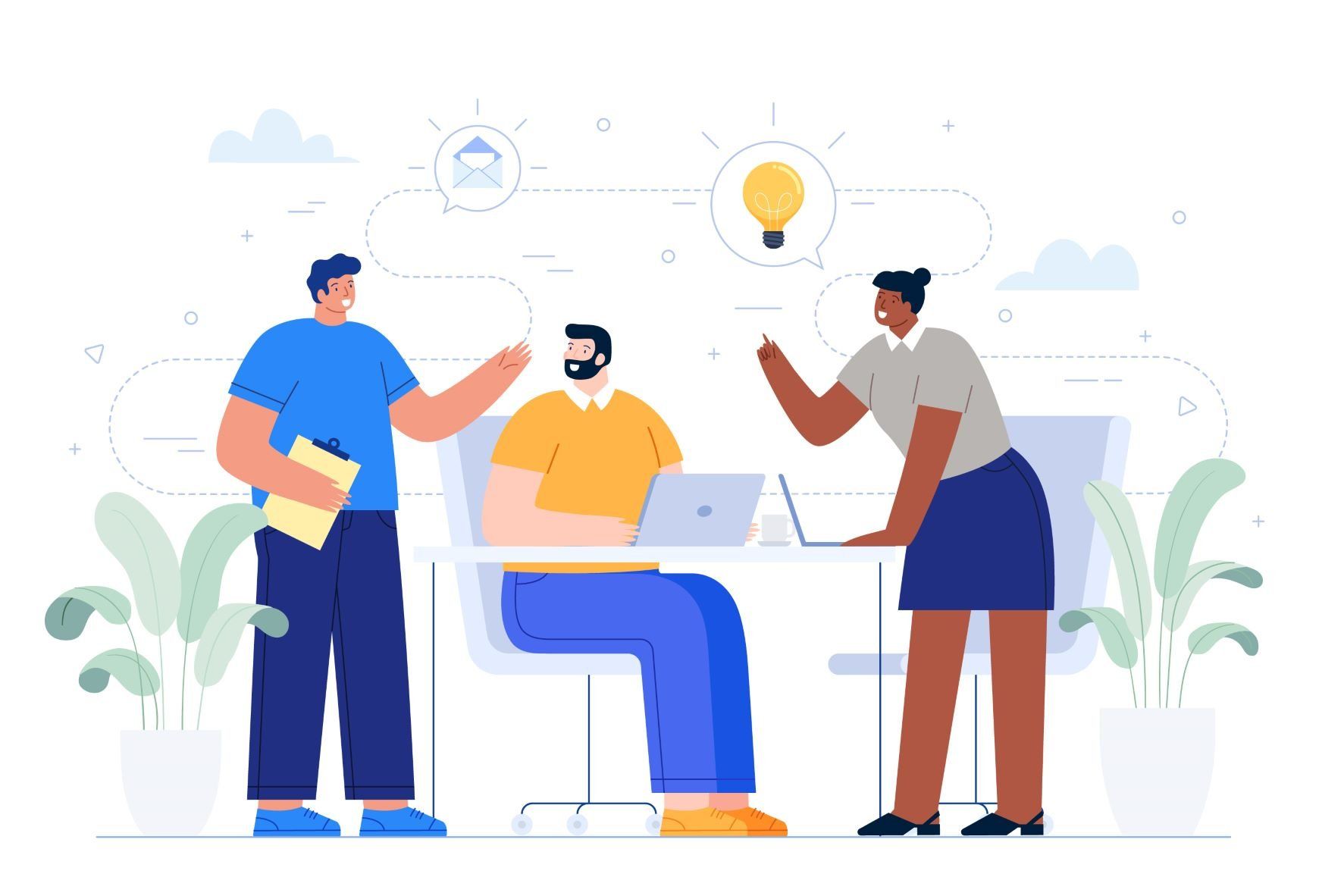Secondly, the learning experience needs to be more of a facilitated discussion with the participants actually taking part in the conversation in order to solve problems and work through issues that they are facing. Sure, the use of theory and models can help with looking at things in a different way. They help explain a way to plan or prepare for something.
Thirdly, the classroom training needs to add something new to a learner’s tool kit of information – this may not be the obvious learning outcome or template or technique, it may be something unexpected – the learner may make a connection with someone who could act as a mentor or help work on a project issue. The value of the time spent in training may be immeasurable.
We know that people are busy, so making sure the workshop holds interest and is worthwhile is both the job of the tutor and the organisation that ensures the participants know why they need to be there and what they will get out of the investment in time.
With so much information now available from a variety of sources, you can generally get the answer you need, what you can’t get is the time to do a deep dive into a problem or issue and get the wisdom of people who work at your organisation, those who really understand the politics and background and ‘what works around here’. Sure, there are websites where you can seek answers but do those responders really know your company culture?
Training is not a party either, it is a time to get the mind around a new process or software or work out how to plan an interaction in the future. Talk to us about a customised workshop that is interactive, engaging and gets the message across.
Carol@onedaytraining.co.nz












